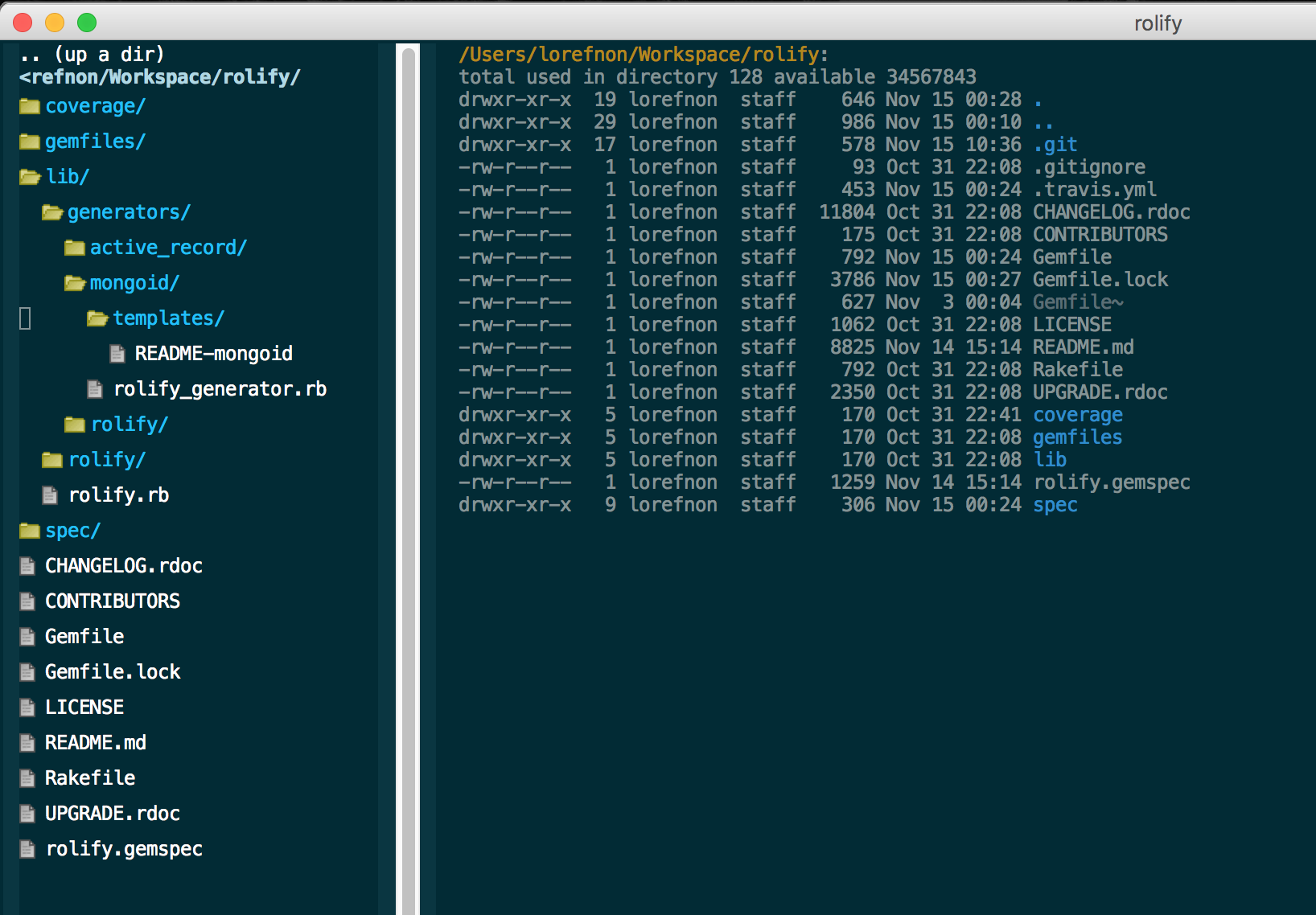

You can search for a word in a buffer using the C-s short cut. Its powerful features can never be ignoredĬustomisation is possible, because of free software code Reading the documentation can help you come aboard TODO lists and agenda views can easily be showed That it is something, you definitely prefer Your changes work, as long as reload succeedsīut after using its features, they might want to differ You can also check EmacsWiki, for more leads This is done by function occur-rename-buffer.Or you can use ELPA, which has already packaged them If you don't want to overwrite, which means each search result is displayed in a different buffer, you need to make sure the buffer name is different. That means every search will flood the result to the same buffer and overwrite the existing *Occur* buffer. The *Occur* bufferīy default, the search results are displayed in a new buffer with name "*Occur*". The regular expression to match all buffers is ".", you execute M-x multi-occur-in-matching-buffers and input "." and then input query. Another usage is you only remember the name string but forget which file contains it, you simply search all the buffers.

This feature has some usages, such as to search all buffers with file name suffix as java. Using multi-occur-in-matching-buffers to search regular expression matched buffers Sometimes you only interest in the current buffer you are working on, you can execute M-x occur and input or paste the query string to save some types. The search results is displayed in a new buffer, you can click the item or press Ctrl-M to jump to the line in the buffer. For example the title starts with double brackets ], to list all title in the buffer you can input the regular expression Then you can input the regular expression to conduct the search. To find and edit things efficiently in those kind of situations, multi-occur is a must have command.Įxecute M-x multi-occur, it will prompt you to select buffers that will be searched, press enter to select the first in candidates, press enter to select the next and so on, after selection press Ctrl-J to end the selection. Because Emacs provided with us ample of handy search facilities. I can load a big list of item into Emacs and find or edit things I needed easily. In Emacs I can put all my blog posts or articles in one text file and navigate through them or locate the things I want to edit easily. Even though for most people, small text file is common situation in their daily editing life, but there are cases that people have to deal with large text file and Emacs can handle it without problem, actually many average text editors were not designed for processing large text file, using them in this situation will be painful. Suppose you have a large file opened in Emacs. And Emacs provides a lot of choices for us. Sometimes we want to do the same thing in Emacs. In command line, we usually use tool like grep to do the job. But search can also be large scale, with dozens of matches, across several buffers and files, list all occurrences for later inspection. This usually the case for small file, search for a few occurrences. The small range search usually interactive, which means the search goes interactively like most people get used to, search one match and go next, one by one.

There are different ways to perform search in Emacs, each for different purposes and scenarios.


 0 kommentar(er)
0 kommentar(er)
